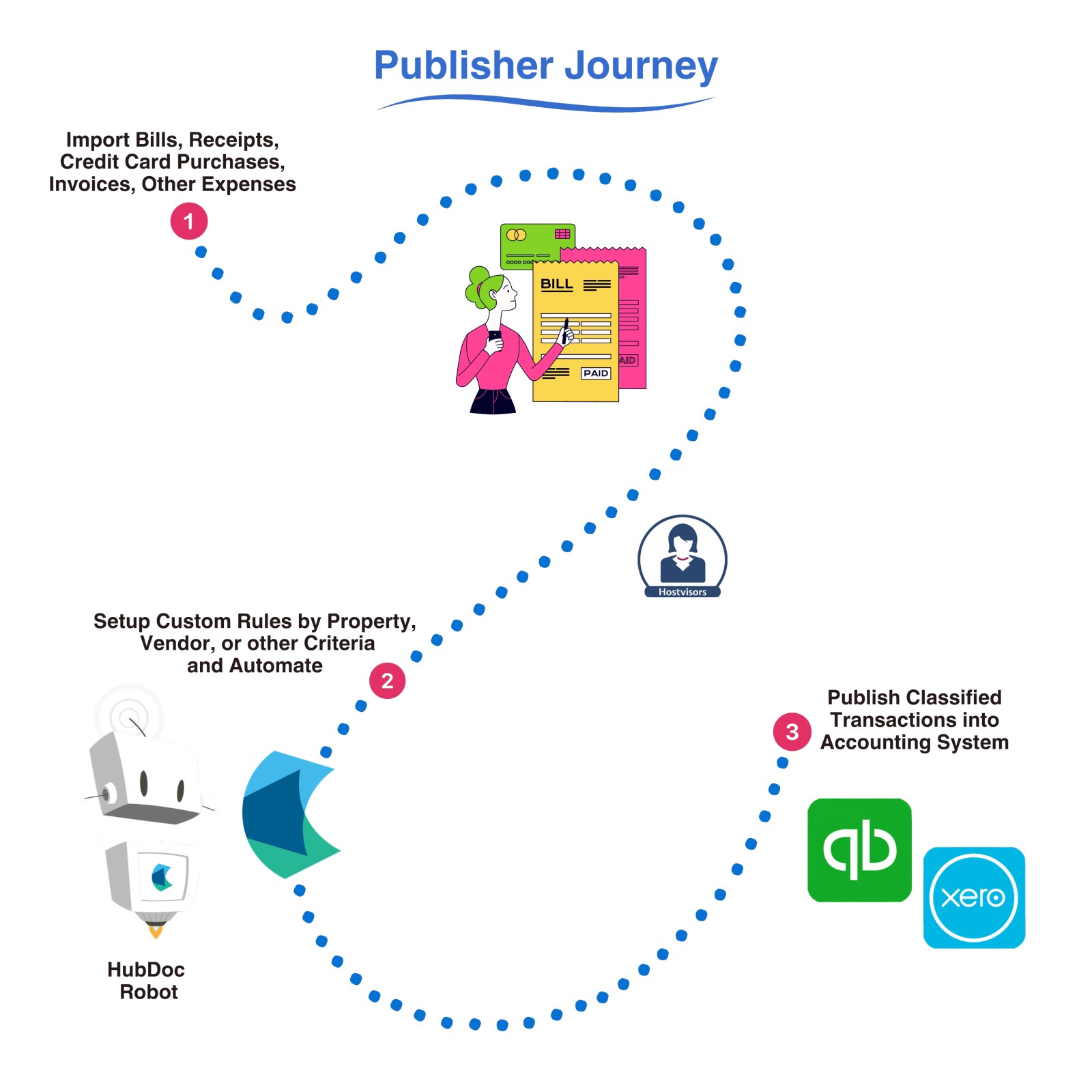1. Business Information:
– Business name, address, and contact details
– Structure of the business (e.g., sole proprietorship, partnership, LLC, corporation)
– Copies of business licenses and permits
2. Financial Records:
– Previous years’ financial statements (income statement, balance sheet, and cash flow statement)
– Recent bank statements
– General ledger details
– Historical transaction records
3. Tax Information:
– Previous tax returns (federal, state, and local)
– Details of any tax payments or refunds
– Documentation of any tax liabilities or pending tax issues
4. Revenue Information:
– Detailed booking and rental income records
– Breakdown of revenue by property, including rates and occupancy
– Records of any additional income streams (e.g., cleaning fees, service charges)
5. Expense Information:
– Itemized list of all expenses, including maintenance, utilities, insurance, property management fees, and marketing costs
– Receipts and invoices for expenses
– Details of recurring expenses and contracts (e.g., cleaning services, maintenance contracts)
6. Accounts Receivable and Payable:
– List of outstanding receivables, including details of overdue payments
– List of accounts payable, including vendor names, amounts, and due dates
– Information on security deposits held and any refunds processed
7. Bank and Loan Information:
– Bank account details and access for reconciliation purposes
– Information on any business loans, including terms, payment schedules, and outstanding balances
8. Payroll Information:
– Details of employees and contractors, including payment records
– Payroll schedules and tax filings
– Benefits and deductions information
9. Property Information:
– Detailed list of properties managed, including addresses, acquisition costs, and current market values
– Documentation of any property improvements or capital expenditures
10. Compliance and Regulatory Information:
– Copies of occupancy tax filings and payments
– Records of any regulatory filings or compliance documents
– Documentation related to short-term rental regulations and compliance status
11. Technology and Systems Access:
– Access to property management software or booking platforms
– Login details for financial software and any other relevant systems
12. Miscellaneous:
– Insurance policies and claims records
– Any other relevant financial documents or correspondence
Providing this comprehensive information will enable the accounting firm to accurately manage the financial records, ensure compliance with tax regulations, and provide valuable financial insights for the vacation rental management company.
























